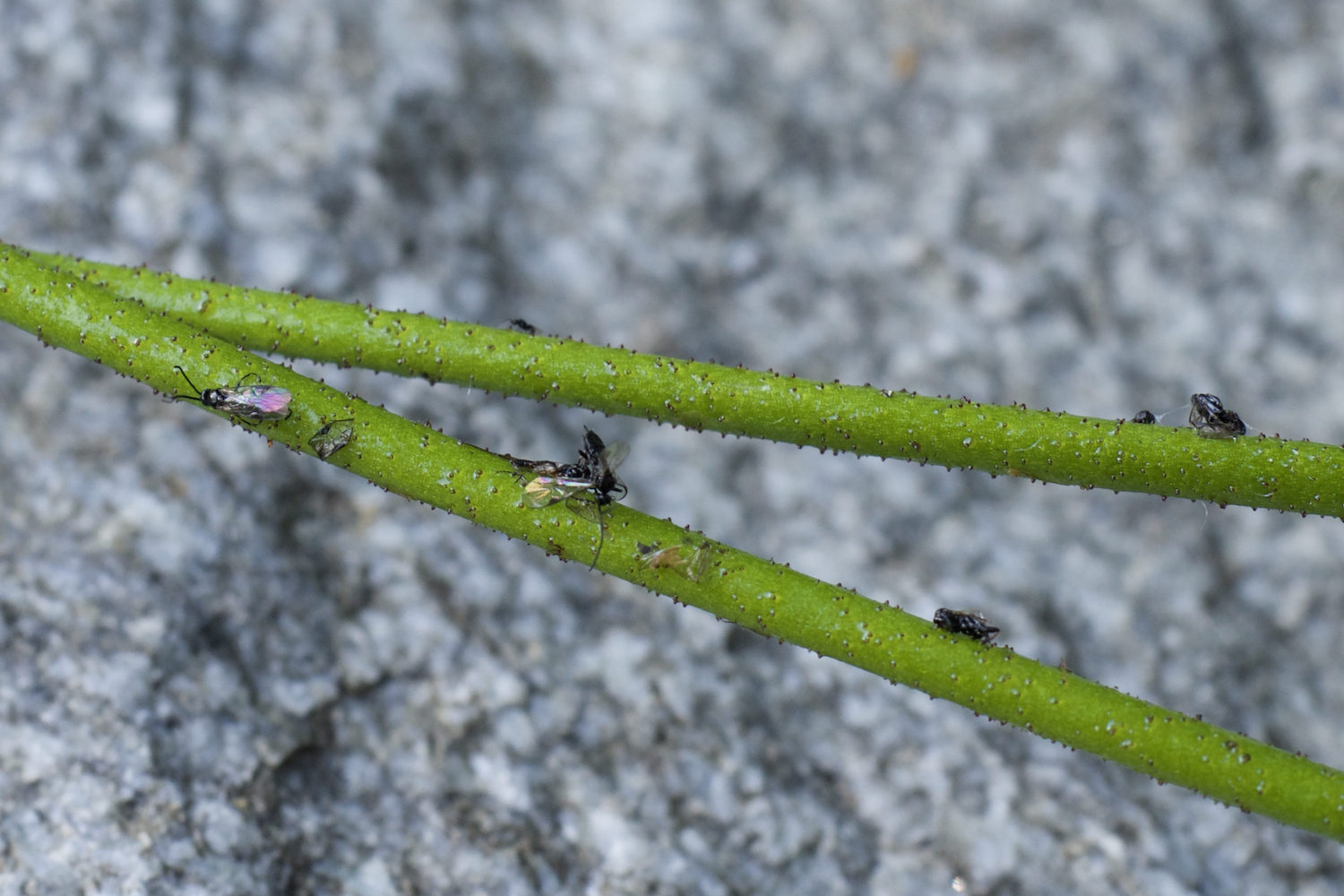The first new carnivorous plant in two decades has been discovered, and it’s right here in our backyard! Researchers, including two from UBC, discovered a unique new carnivorous plant on Cypress Mountain, and are now sharing it with the world. Here’s the scoop.
The plant is called the Triantha occidentalis, and it’s present along the West Coast, with a preference for sunlight heavy, but nutrient-poor and bog-like areas. As it just so happens, Cypress Provincial Park had more than a few growing there, making it perfect for their research.
Related Posts:
Vancouver’s brand new AR artwork is the largest of its kind in the world
Here are Anthony Bourdain’s favourite restaurants he visited while in Vancouver

It wasn’t a haphazard study, either. Earlier research showed signs that the plant could be carnivorous, but to confirm it things needed to be a little more robust. So, the lead author, Dr. Qianshi Lin, ‘labelled’ (fed) fruit flies with a nitrogen isotope, plopped them on the plants, and compared Triantha to other plants in the area.
Their findings were surprising. Turns out, the Triantha is kind of like a part-time carnivore, which uses sticky glandular hairs to catch some insects but not others. Why? Well, these hairs are only produced when the plant is flowering, and capturing every bug that visited it wouldn’t be good for pollination.

So while fruit flies are caught and ‘eaten’, larger bugs like bees and butterflies are not affected by the plant’s traps. It works out in the plant’s favour- over 50% of the nitrogen in them was from the fruit flies, in line with other carnivorous plants in the area.
With this new research, the authors hope to encourage closer looks at plants all along the coast. Who knows- that weird flower you see on your next hike might be a hidden gem!





